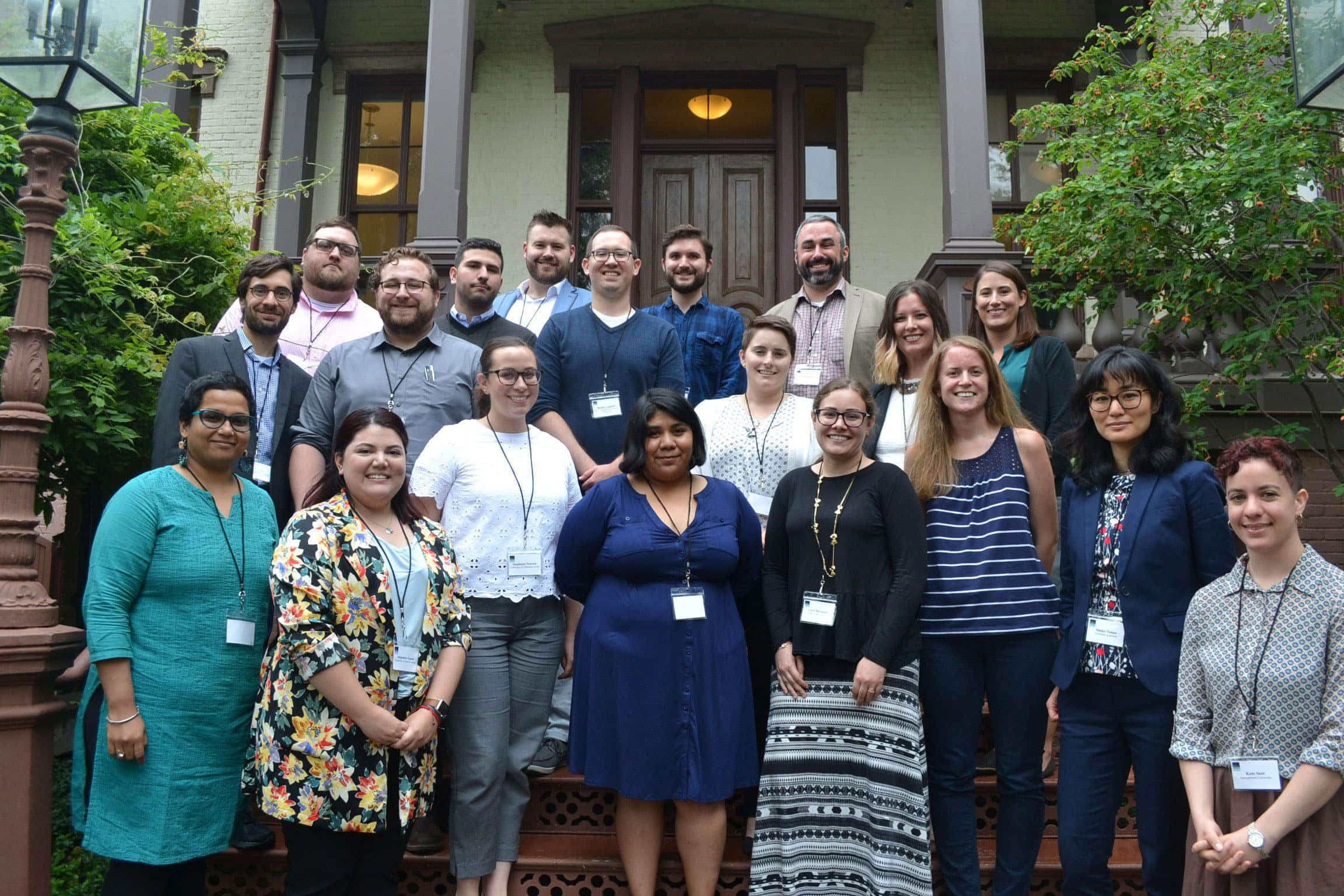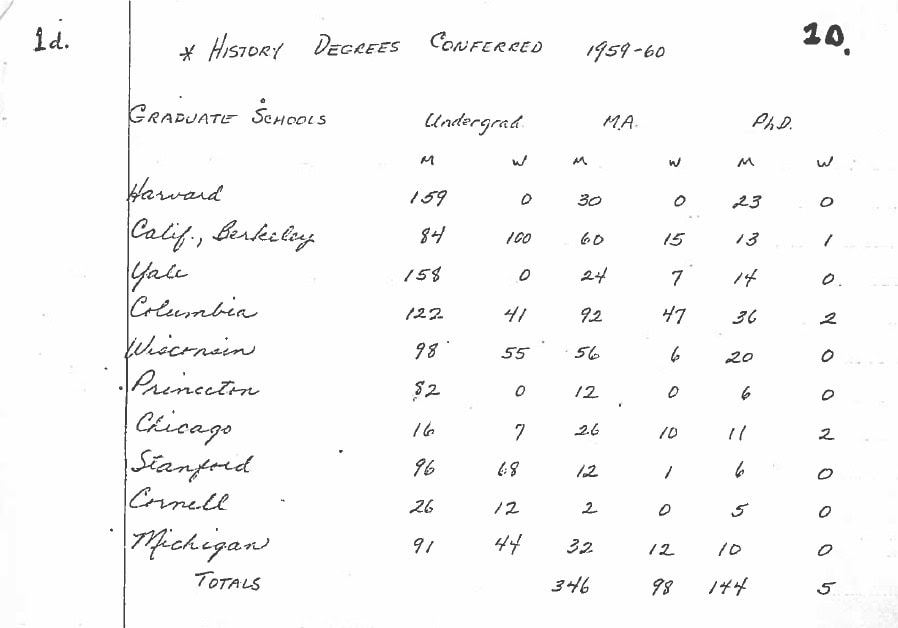AHA Career Center
Whether you’re looking to find a job or to advertise a position, the AHA Career Center is the go-to hub for connecting with history professionals.
Professional Resources
AHA Career Contacts
Since its launch in early 2015, the AHA’s Career Contacts program has arranged hundreds of informational interviews between current PhD students (junior contacts) and history PhDs (senior contacts) who have built careers beyond the professoriate. Senior contacts work in a variety of fields, including academic administration, non-profit management, public policy, archives and libraries, K-12 teaching, as well as a range of positions in the federal government and private industry.

Academic Department Resources
The AHA provides resources and hosts a variety of events and opportunities to benefit department chairs and build community, including webinars, sessions at the annual meeting, and an in-person workshop.

Graduate Education Resources
This collection of resources is intended to help faculty and students integrate the ideas generated from the AHA’s Career Diversity for Historians initiative into graduate teaching and advising.

Resources for Non-Tenure-Track Faculty
Resources to support historians off the tenure track.

Digital History Resources
The AHA offers resources on getting started in digital history, articles on doing digital history, and projects of interest.

"What I Do"
History PhDs build careers in a stunning variety of professions. In these videos, history PhDs share what they do for a living, how they found their jobs, their transition from graduate school, and what it means to be a historian in their line of work.

Five Skills
The AHA worked with focus groups of historians with PhDs working in careers outside the academy to identify five skills that may not be honed in graduate school but that are necessary for success in a variety of career paths, including as professors. Learn more about the five skills and how historians can develop them.
Standards & Guidelines for the Discipline
As a leader for the historical discipline, the AHA supports the work of historians in all fields and professions by setting guidelines and standards for excellence in professional behavior, research, and teaching.
Career Resources
Where Historians Work
Where Historians Work is an interactive, online database that catalogs the career outcomes of historians who earned PhDs at universities in the United States from 2004 to 2017.

Reviewers in Digital History
The AHA can connect you to digital historians who can assist with tenure and promotion cases that involve review of digital history projects. Contact Alexandra Levy, communications director, for assistance finding an appropriate reviewer.

Careers for History Majors
Learning history lays the groundwork for future success. We’ve gathered data, advice, and personal stories to show what a degree in history can do for you.
Data & History

Data on the Historical Discipline
The AHA collects and shares data on topics ranging from employment, to public engagement with history, to the use of educational resources in the classroom, and more.

AHA Surveys: Historians Teaching Off the Tenure Track
The Professional Division of the American Historical Association sought to collect and collate information about the working conditions of historians employed as contingent faculty. The AHA will share a report with the results of the surveys later in 2025.
Upcoming Opportunities
AHA Resource Library
The AHA’s Resource Library includes hundreds of resources developed or vetted by the AHA and our partners. Our resources range from classroom syllabi, to archival documents from the Civil War, to standards and guidelines for the discipline, and much more.
